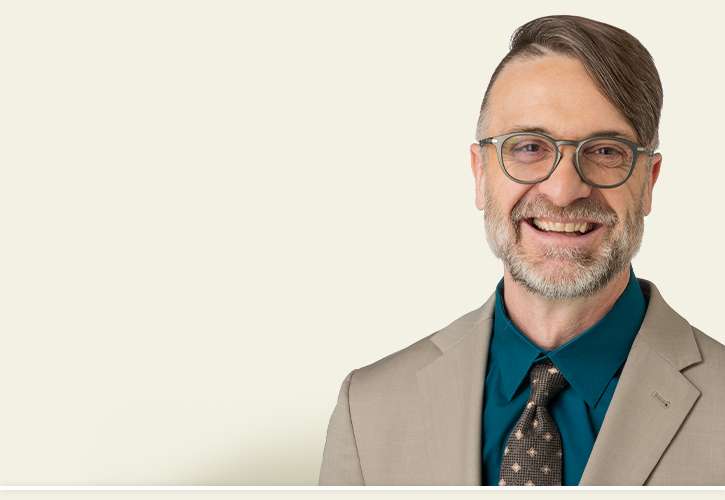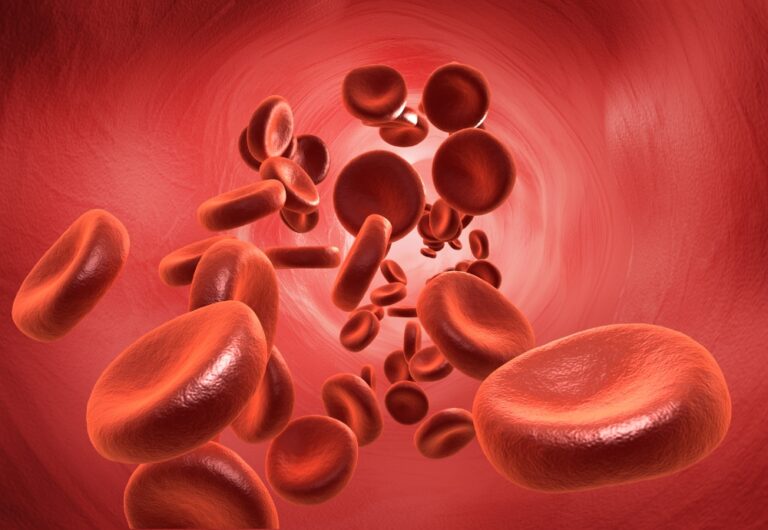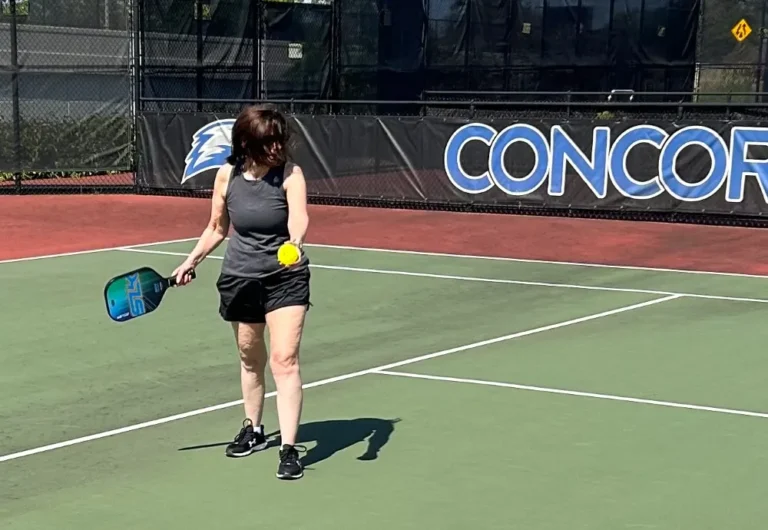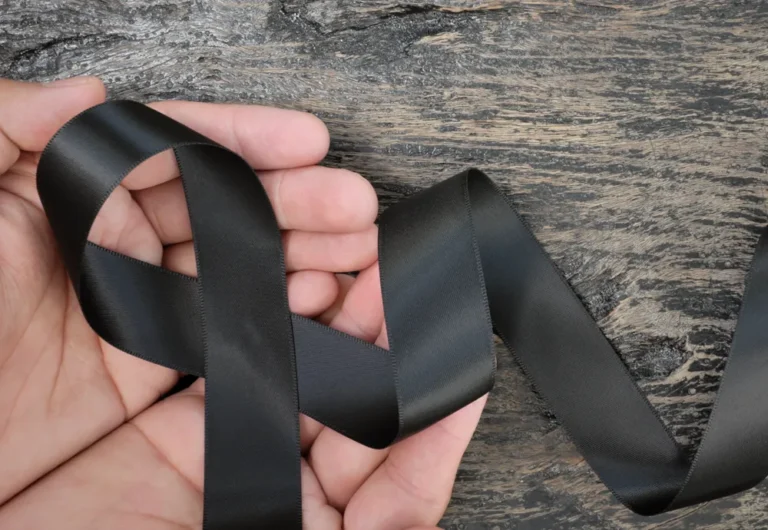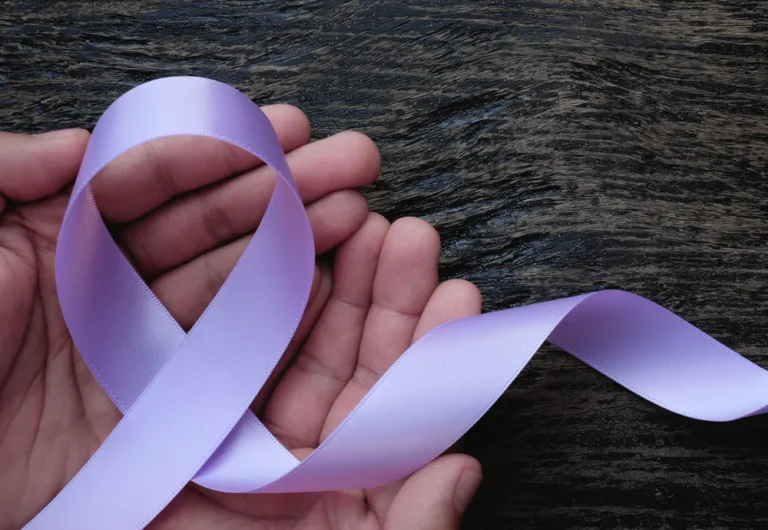“Never give in, never give in, never, never, never…” Winston Churchill.
“…It is appointed unto men once to die…” Hebrews 9:27 (KJV)
The problem, in a nutshell, goes something like this: we feel pain, and we don’t like it. We die, and we don’t want to. We yearn for the eternal, but our bodies are mortal. Some might define our spirit as the thing that does the yearning. I also like to think of it as the thing that does the fighting.
Spirituality, then, might be the search for meaning in the face of some harsh realities. There are hard questions: What is our proper relationship with God? What is our place in the universe? Why do we suffer? What happens to the soul after the body dies? For millennia, people have assembled answers to these questions into a wide variety of faiths and philosophies.
The value of spirituality as a comfort to the very ill has long been recognized. But we’re learning that cancer patients, no matter how good or bad the prognosis, have profound spiritual needs. A few surprising facts from the medical literature:
1) Spirituality is important for the wellness of all cancer patients, at all stages of illness. 1,2
2) Strongly religious patients need more, not less, spiritual support. 2
3) Community religious support, by itself, is rarely adequate to meet most patients’ needs. Medical chaplains, counselors, and other professionals are necessary for many (maybe most) patients. 4
4) Healthcare professionals like nurses, practitioners, and physicians can provide effective spiritual support. 4
How can a patient begin to address these issues? One can begin by developing an awareness of one’s own spiritual identity. For example, try answering the questions in the second paragraph. The effort can often inform the next step.
Since patients with well-developed religious identities find spirituality crucial to their coping, it may be beneficial for such patients to devote a little extra time for worship, meditation, or observance. None of us can afford to be complacent about the care of our fighting spirits.

References:
- 1. Brady, et. Al. Psychooncology 8:417-428, 1999.
- 2. Cotton, et. Al. Psychooncology 8:429-438, 1999.
- 3. Balboni, et. Al. J Clin Oncol 25:555-560. 2007.
- 4. Balboni, et. Al. J Clin Oncol 28:445-452. 2010.

